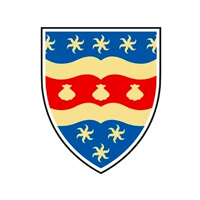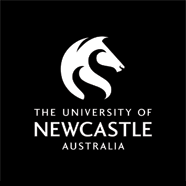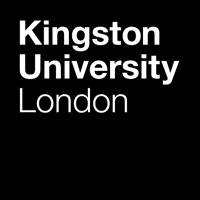fees waived
Architecture, BA (Hons)
University of Plymouth, United Kingdom
Subject ranking
UK / CUG 2024 18th
UK / Times 2025 20th
UK / Guardian 2025 25th
Costs
food & rentS$17.1K / year
Entry requirements
Scholarships
Unlimited quantity
Unlimited quantity
Unlimited quantity
Limited quantity
Information
Code
Code
Intakes
Website (External)
Programmes
Information
Duration
2028
This professionally accredited architecture degree equips you to apply creative thinking and imagination to real-world built environment challenges. Through critical analysis, hands-on projects with expert practitioners, and a focus on design and making, you'll develop the skills, resilience, and expertise needed to create sustainable, inclusive solutions for global issues. Successful completion grants RIBA accreditation, eliminating the need for separate Part 1 certification. You'll study in an inspiring environment at the Roland Levinsky Building, join a diverse, inclusive community, and benefit from professional development through live projects, strong industry links, expert tutors, field trips to destinations like Barcelona and Venice, and engaging discussions via programmes like Cross Professional Dialogue.In the first year, you'll explore foundational architecture principles through interdisciplinary projects addressing environmental and social issues. The second year emphasizes collaborative design in urban contexts, advancing communication skills amid contemporary challenges. The third year focuses on real-world applications, from master planning to details, via live projects and peer learning, preparing you for a professional portfolio. Recent RIBA revalidation commended the programme's impact on learning, supportive culture, and development of empathetic professionals.
In the first year, you’ll develop awareness of basic principles of architecture, explored in parallel with developing knowledge and key skills. Building on this, you will be challenged to interrogate the meaning and role of architecture through experimentation and testing through making. Your learning will be guided by various projects engaging with co-joined issues of environment and people. The main learning activities will be pursued within a trans-disciplinary and trans-cultural environment. The second year is coordinated to scaffold design in broader social and urban settings. An emphasis is on collaborative work in teams and professional contexts to explore architecture through contemporary social challenges, notably: changing patterns of living and working in urban communities. Working with advancing media, second-year students further the communicative skill set, and build a critical understanding of the role of design, making, and the built environment in the reproduction of daily life. Third year is outward facing. It enables students to work on a range of scales, from master planning to architectural details. Live projects activate participatory consultation and interdisciplinary collaboration to respond to current global challenges. Vertical learning across the second and third year in the final semester fosters peer-to-peer learning. Students apply their own theoretical preoccupations into the design studio environment and graduate with a discursive portfolio. The modules described for this course or programme are those being studied by current students, or expected new modules. Modules are subject to change depending on year of entry.
A local representative of University of Plymouth in Singapore is available online to assist you with enquiries about this course.






